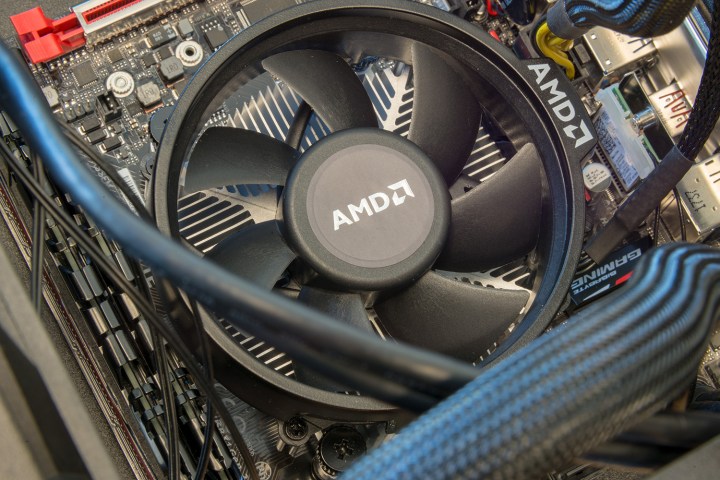If you’ve been among the few fortunate enough to get your hands on AMD’s newly launched Ryzen 5000 series processors , you may think that the headache is over. We’re learning that may not be the case, as there are reports that Team Red’s new CPUs have a high failure rate.
Gamers who have upgraded to this family of processors will want to hang on to their receipts and packaging in the event of a Ryzen meltdown, as dealing with a return could be easier than having to navigate the manufacturer’s warranty process for an exchange.
It’s unclear how many incidents of Ryzen 5000 failures have been reported in real-world usage, but the controversy sparked when PC builder PowerGPU reported seeing very high failure rates with AMD’s CPU and motherboard, according to a report on Wccftech , with a number of units that were reported as DOA, or dead on arrival.
“The failure on the new AMD CPUs are still too high,” PowerGPU wrote in a tweet that has since been deleted, noting that there were eight out of 50 AMD Ryzen 5950x that were DOA, four out of 50 AMD Ryzen 5900x that were dead, four DOA units of 100 AMD Ryzen 5800x units, and three dead AMD Ryzen 5600x out of 120 units that the company received.

In comparison, PowerGPU noted that “we had only 1 dead Intel CPU it was a 9700k in our time of business.”
AMD’s current reliability and failure issues stand in stark contrast to before when the Ryzen 5000 series launched, where the failure rate, according to PowerGPU, was 80% Intel and 20% AMD. In addition to the processors, the x570 boards are also experiencing failure rates.
Aside from DOA units, a number of gamers have also reported stability issues or defects with their processors. In a reply to PowerGPU’s tweet, Dom Ducci noted that his Ryzen 5900X had to be sent back to AMD for warranty service because “my three USB lanes were dead.” He also added that there were also weird stability issues — problems PowerGPU claimed it had also witnessed or experienced.
Separately, reporter Michael Kan of PC Gamer also noted that he had to send his AMD CPU back to the company for replacement. Kan had experienced crashing issues that were so bad that the M.2 NVMe SSD drives on two separate motherboards were disabled to prevent the PC from attempting to boot up. His experience was not an isolated incident, as it had been well-documented by other gamers on a few Reddit threads and even on AMD’s forums .
Despite the fact that Kan’s processor had died during the return period from his place of purchase, Kan lamented that he had to use AMD’s warranty service, as he had thrown away his packaging — receipts and product packaging are required by many vendors and retailers if you want to return a defective product.
Fortunately for Kan, the warranty service worked, and he has a fully functioning Ryzen 5000 processor, but the process took more than five weeks to complete.
These are still completely anecdotal examples of failures, but it’s something to keep in mind for potential buyers.

